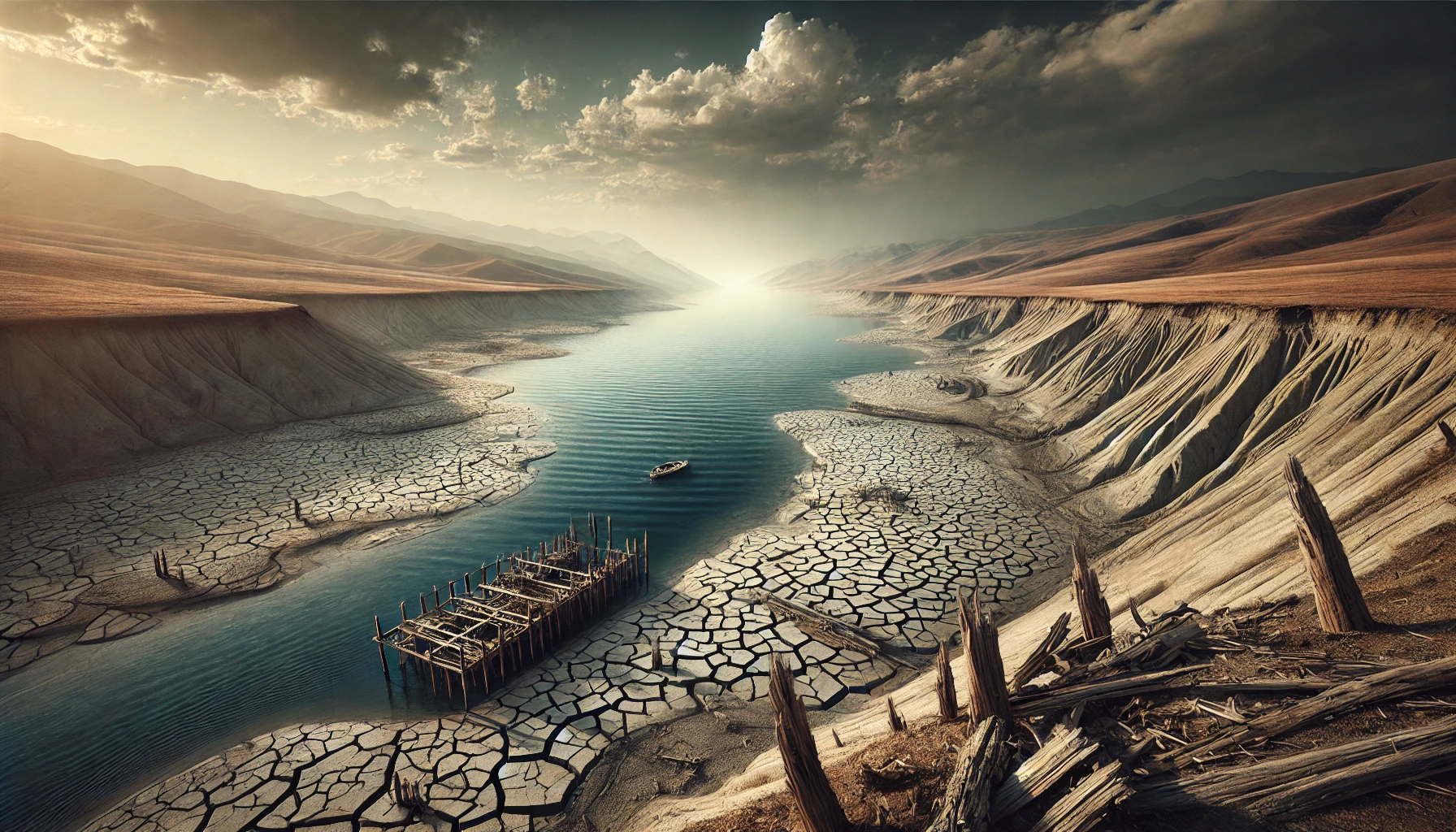The Caspian Sea, the world’s largest inland body of water, is facing an unprecedented environmental crisis. Climate change, coupled with unsustainable human activities, is driving its water levels to historic lows. This alarming trend has profound implications for biodiversity, regional economies, and global climate systems.
Understanding the Decline
The Caspian Sea’s declining water levels are primarily caused by rising global temperatures. As temperatures increase, the rate of evaporation accelerates, particularly in this semi-enclosed basin. At the same time, reduced precipitation and diminished inflows from rivers like the Volga exacerbate the problem.
Biodiversity at Risk
The Caspian Sea is home to unique ecosystems, including the endangered Caspian seal and valuable fish species like sturgeon, which produces the world’s most sought-after caviar. The shrinking water levels threaten these species, pushing some closer to extinction.
Economic Repercussions
The economic impact of the Caspian Sea’s decline is significant. Coastal communities that depend on fishing and tourism face dwindling livelihoods. Infrastructure, such as ports and pipelines, requires costly adjustments to accommodate the receding shoreline.
The Global Picture
The Caspian Sea’s plight is a stark reminder of the global impact of climate change. Inland water bodies worldwide are experiencing similar challenges, making it imperative for international cooperation to address these issues. Sustainable water management practices, climate adaptation strategies, and immediate reduction of greenhouse gas emissions are critical steps to mitigate this crisis.
What Can Be Done?
- Regional Cooperation: Countries bordering the Caspian Sea must collaborate to implement sustainable practices.
- Global Climate Action: Addressing climate change on a global scale will slow the evaporation rates and stabilize ecosystems.
- Conservation Efforts: Protecting the biodiversity of the Caspian Sea is vital for maintaining ecological balance.
The Caspian Sea’s decline is not just a local issue—it is a global wake-up call. As the sea ebbs, so too does the opportunity to act. The time for decisive, collective action is now.

